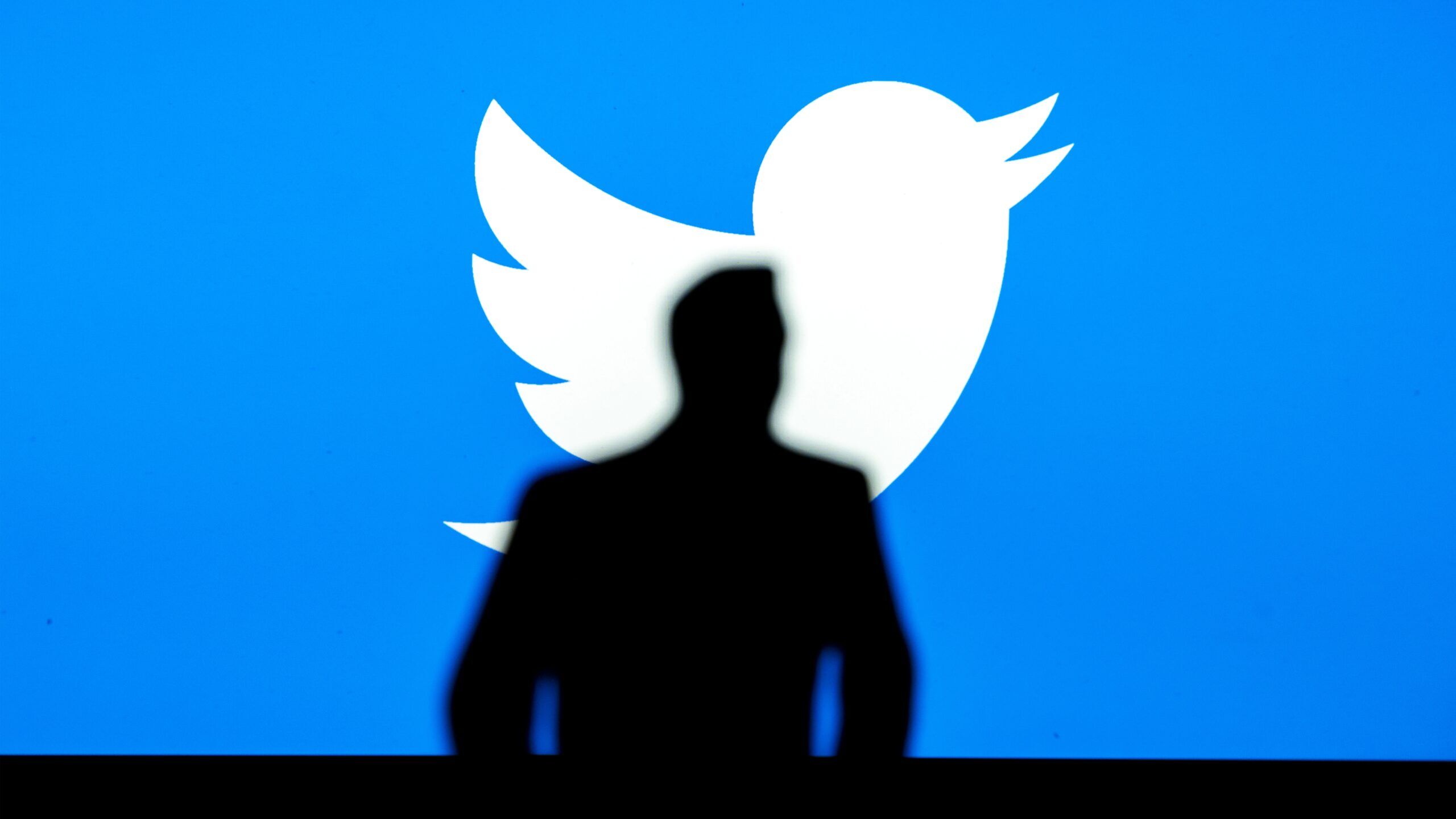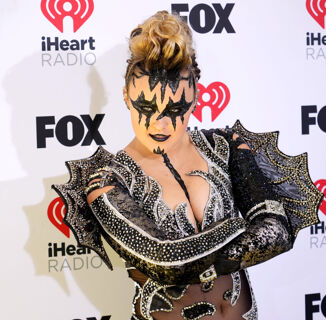Elon Musk’s distaste for the LGBTQ+ community and anything “‘the Right” would label as “Woke” is no secret at this point. Since the SpaceX CEO decided to stroll into the social media world, hate-speech monitoring groups have tracked a disturbing rise in hate-speech against minority groups on X (formerly known as Twitter), with anti-LGBTQ+ hate speech being notably prevalent. However, it seems as though Musk’s $44 billion purchase is now providing him with the opportunity to share in one frustrating part of the trans experience.
Musk’s anti-trans stance became fairly clear when he mocked the idea of including pronouns in Twitter bios in a now infamous 2020 tweet that simply said “Pronouns suck.” His actions since have left little doubt about his stance, despite the complexities it has caused in his personal life. His then partner, Grimes, has expressed various feelings about her gender including that she vibes “in a gender neutral space,” is “put off by the word ‘woman,’” and is “Female ish.” In response to Musk’s first pronoun tweet, she responded that she couldn’t “support hate” and asked Musk to “turn off [his] phone” and call her. The pair have a child together but have since split up.
I vibe in a gender neutral space so I’m kinda impartial to pronouns for myself. Don’t have a preferred so much but I wish I didn’t have to be categorized as female constantly. Everything I ever hear about Grimes is super gendered and it’s always really made me uncomfortable.
Grimes, writing in a since-deleted tweet.
Additionally, in June 2022, Musk’s daughter, Vivian Jenna Wilson, legally changed her name at the same time as updating her gender marker. As well as changing her first and middle name to align with her gender identity, she changed her last name to match her mother’s. Leaving no ambiguity about motivations behind the choice, Vivian Jenna Wilson stated: “I no longer live with or wish to be related to my biological father in any way, shape or form.”
Related:
Musk Is Officially Using The Fox News Playbook
Elon Musk seems to believe (unsurprisingly) that hate speech is great speech.
Musk has meanwhile been allowing X to become a home to an even greater degree of hate than it was before his tenure. The X CEO has left a rise in hate speech against the LGBTQ+ community and other marginalized groups unchecked in the name of “free speech.” Instead, he has lodged a lawsuit against the Center for Countering Digital Hate (CCDH), the non-profit responsible for a scathing analysis of the hate speech on X, in an attempt to discredit their findings. If there were still any question of where Musk’s feelings about the LGBTQ+ community lay, he hosted (a somewhat disastrous) announcement for Ron DeSantis’ 2024 campaign for the US presidency on X, tacitly throwing support behind the politician who has become the Republican party’s face of anti-LGBTQ+ rhetoric for his actions in Florida around Don’t Say Gay and beyond.
And yet, despite a long history of anti-trans actions, Musk how now made a choice with his expensive social media platform that plunges him into one particularly frustrating part of the trans experience. X was born in 2006, and now at the age of 17, it is officially changing its name to match its new identity. Naturally, the announcement of X’s new name came along with a new profile picture as well. Intentionally or not, the name change for the platform is tied to concepts of gender more than it might at first appear. While Musk’s choice to rename the platform to X might be blasted by some as the SpaceX CEO simply thinking that adding “X” to anything makes it cool, the name change also points to notions of gender in the form of the ever-discussed X chromosomes and the use of “x” to avoid gendering a noun in terms like “Latinx.”
While there is obviously a fairly large distinction between an individual changing their name to align with their gender identity and a major corporation rebranding for undefined reasons during a time of unpopularity and backlash, all of this does provide some delicious irony. Elon Musk, with his rebranding to X, is now experiencing some of the most annoying and tedious aspects of the trans experience as it takes place in our current bureaucracy. Namely, the struggle to change your name and have it accepted by your peers and wider society at large.
Related:
Happy Pride! Twitter Is Actively Pushing Trans Hate
It might come as no surprise that Twitter is somewhat of a hellscape, but they have truly outdone themselves this Pride month.
When a trans person seeks to change their legal name and gender marker, they not only have to change it within the courts (or the particular government’s system). The individual then has to chase down every other piece of documentation with their deadname on it and get that institution to recognize their new name and updated gender. Not only annoying and time-consuming, the whole process is emotionally draining as well. While this certainly needs addressing and fixing for trans people, there is a level of schadenfreude in watching Musk’s social media platform struggle through a complicated rebranding and people consistently “deadnaming” the platform, either entirely or by saying “X (formerly known as Twitter).”
At the time of writing, X has uploaded its new logo to the site and mobile apps, as well as correcting the name on the platform itself. However, the URL for the site is still twitter.com, with x.com simply redirecting to the original URL. Similarly, the site’s meta-data and most mentions of the platform still refer to X by its previous name. Musk might, in fact, feel that the whole world is against X’s new name change as even the corporation’s updated sign had to be taken down from their headquarters after locals complained about the intrusive glowing, pulsing, and strobing lights.
Musk and his social media platform will never truly understand the trans experience and the struggles that society causes us, and (Citizens United notwithstanding) a corporation or media platform is not a person. However, it is nice to see him having to deal with at least some part of the nonsense that people like him impose on our community. The optimistic among us could hope that this experience might stimulate some self-reflection or some empathy for the trans community. Sadly, for Elon Musk, that seems unlikely, to say the least.♦
Don't forget to share:
Help make sure LGBTQ+ stories are being told...
We can't rely on mainstream media to tell our stories. That's why we don't lock our articles behind a paywall. Will you support our mission with a contribution today?
Cancel anytime · Proudly LGBTQ+ owned and operated
Read More in The Internet
The Latest on INTO
Subscribe to get a twice-weekly dose of queer news, updates, and insights from the INTO team.
in Your Inbox















